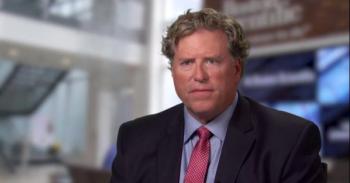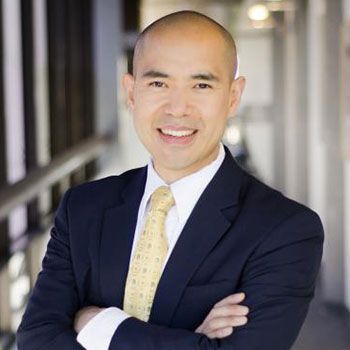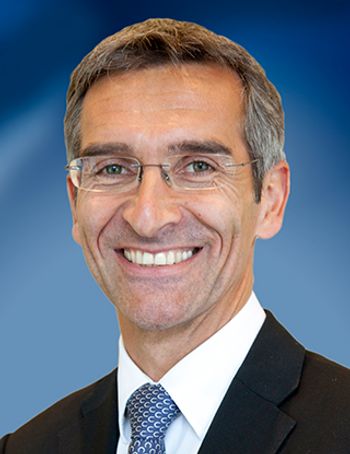
In this interview, physician executive J. Christian Winters, MD, outlines his multiple professional roles, explains how he divides his time between clinical and administrative responsibilities, and offers advice to young urologists seeking a career in leadership.






